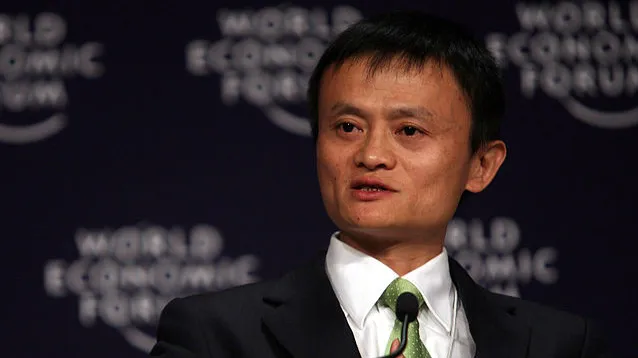
Weekly News Wrap: Alibaba’s Jack Ma surfaces in Hong Kong; Reliance Retail buys 40% stake in Bollywood fashion house
And a Beijing bakery rolled out a Squid Game-inspired confection-making contest.
From Reuters
Alibaba Group founder Jack Ma, largely out of public view since a regulatory clampdown started on his business empire late last year, is currently in Hong Kong and has met business associates in recent days, two sources told Reuters.
The Chinese billionaire has been keeping a low profile since delivering a speech in October last year in Shanghai criticising China's financial regulators. That triggered a chain of events that resulted in the shelving of his Ant Group's mega IPO.
While Ma made a limited number of public appearances in mainland China after that, as speculation swirled about his whereabouts, one of the sources said the visit marked his first trip to the Asian financial hub since last October.
Ma, once China's most famous and outspoken entrepreneur, met at least "a few" business associates over meals last week, said the people.
Read more here.
From Bloomberg
Indian tycoon Mukesh Ambani bought a stake in a high-end fashion brand, run by a stylist to some of Bollywood’s biggest stars, as Asia’s richest person continues to expand into luxury retail.
Reliance Brands bought 40% of MM Styles, which owns Manish Malhotra’s eponymous fashion house, the company said in a statement late on Friday. The privately-held brand was launched in 2005 by the designer, who made his name over three decades by styling Bollywood stars in some of India’s biggest blockbuster movies.
Besides expanding the physical presence of Malhotra’s brand beyond its four flagship retail stores in India, Reliance will seek to create a “strong technology backbone” for the brand and build it into a “global couture powerhouse,” according to the statement. Reliance didn’t disclose the financial details of the transaction.
Read more here.
From Reuters
A Beijing bakery has introduced a Squid Game-themed confection-making challenge in its store as it seeks to cash in on the massive popularity of the South Korean Netflix show.
For $9 (RMB58), customers can pretend to be a character in the smash-hit series by taking part in the challenge to make the candy, called dalgona, by trying to convert a mixture of sugar and baking soda into neatly shaped biscuits.
There is no prize for success and no penalty for failure - unlike on the TV show, where winners are rewarded with a massive cash prize for winners and losers are punished with death.
"Our customers are mainly young people and young people make up many of this show's fans", Hao Jing owner of the DIY Bakery & More store, who is herself a big fan of the show, said.
In the challenge, which takes about 10 minutes, participants choose metal biscuit-template shapes, melt the sugar, add the baking soda, then convert the mixture into shapes.
Read more here.



















 Advertise
Advertise






